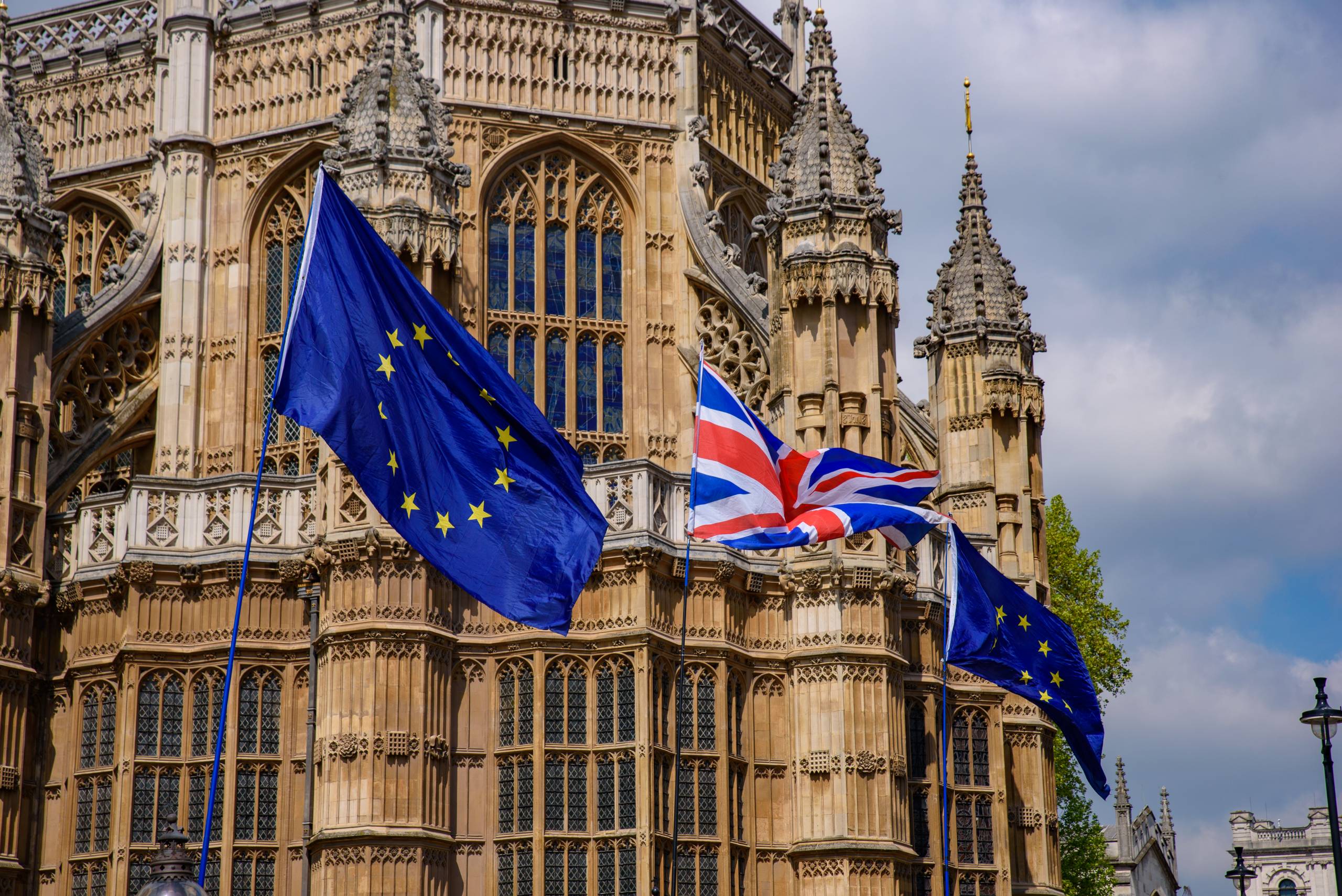If you’re like us, you’ll have spent much of the last few weeks focusing in on the tense negotiations between the EU and the UK as we head towards a new relationship post-Brexit. There have been a lot of brash statements, false dawns, and even rumours of poorly-received British jokes at a high-stakes EU supper (it can’t be the first time).
However, is Brexit the be-all and end-all for your portfolio? Probably not.
We’re often asked how much of a role the UK plays in the equity (stocks) portion – the riskier assets in your portfolio – of your investments. The answer is fairly straightforward: not that much.
In the charts above, the highlighted portion of each pie chart shows the size of an investor’s position in UK equity, compared to their entire allocation to stocks.
As you can see, while Moneyfarm’s allocation to UK equity isn’t the smallest in our portfolios, UK stocks are far from being our largest exposure in the context of the whole portfolio, other assets classes included.
What does this mean for Brexit?
Fundamentally, if there is a political outcome that markets judge to be bad, UK stocks are likely to see a sudden swing in the wrong direction, and vice versa.
Our position in UK stocks is small but, when measured against a portfolio’s total equity exposure, it’s similar to the UK’s share of global stock markets. While we have the freedom to grow or shrink our allocation to UK stocks, we’ll always stick to our core belief of global diversification within the portfolios. This aims to minimise any over-exposure we could develop to a particular country, and the specific set of challenges they face (like Brexit for the UK and EU).
Global diversification (and hence a relatively small UK equity exposure) can also be seen in our fixed-income exposure. We currently hold more global bonds (both government and corporate) than we have historically, and the UK bonds we do hold are those that we believe will perform well in both ordinary and stressed environments. We feel this mitigates at least some of the risks posed by Brexit.
Lastly, we’ve also ‘hedged’ some of our currency exposure. This technique removes some of the impacts of currency fluctuations on your portfolio’s returns. Foreign Exchange markets have seen the most Brexit-related volatility, and hedging our exposure to these markets aims to minimise the currency-related volatility you see in your returns.
Optimistic signs
It isn’t good for your investments or your health to view the world solely through a negative lens. While we hold a relatively small allocation to UK stocks across the board, we actually slightly increased our holding recently – in a targeted manner. We feel particular sections of the UK stock market could do well in a broad-based global economic rebound.
Since 2010, UK stocks have been significantly outperformed by their US counterparts;
However, this has been an environment in which fast-growing stocks have done well. This has benefited the US stock market, which is dominated by big tech companies that thrived both before and during the pandemic. We hold these assets already, so our portfolios have benefited from this trend.
The same cannot be said for the UK, where the headline index – the FTSE 100 – has a large exposure to financial services, industrials, energy companies, and firms producing consumer staples. These are all ‘old economy’ sectors that have been shunned since the financial crisis. With interest rates near zero and governments seemingly ready to support economies until vaccines are available to all, we feel these sectors are beginning to look more attractive.
We’ve recently added to our exposure to similar companies that fall under the ‘value’ label. Value stocks are those that look ‘cheap’ – a more specific look at our motives can be found here – and UK stocks certainly look cheap. While the fund we used to achieve this exposure holds only 8% of its exposure in the UK, we feel it will benefit from the same trends that could provide a boost to UK markets.
The below chart highlights the negative trend in ‘value’ stocks over the past decade versus those classified as ‘growth stocks’;

We think the confluence of an economic recovery and support from governments and central banks may help ‘value’ stocks going forward. Their addition also helps us add to our risky assets without buying the same assets in your portfolio that have already seen incredible returns since March.
No reward without risk
Ultimately, we’re not aiming to remove any asset that could be negatively affected by Brexit from your portfolio. Though Brexit presents significant challenges to the UK both economically and politically, we’ve taken precautions to hedge or remove any unnecessary risks to your investments.
We believe our portfolios are well diversified and we are comfortable with our positioning as a result. We will continue to debate the changing landscape as events develop, keeping our portfolios as protected as possible.
Want to discuss the implications of Brexit on your portfolio further? Our team of investment consultants are always on hand to talk through the markets, your current situation and your options going forward – get in touch.





